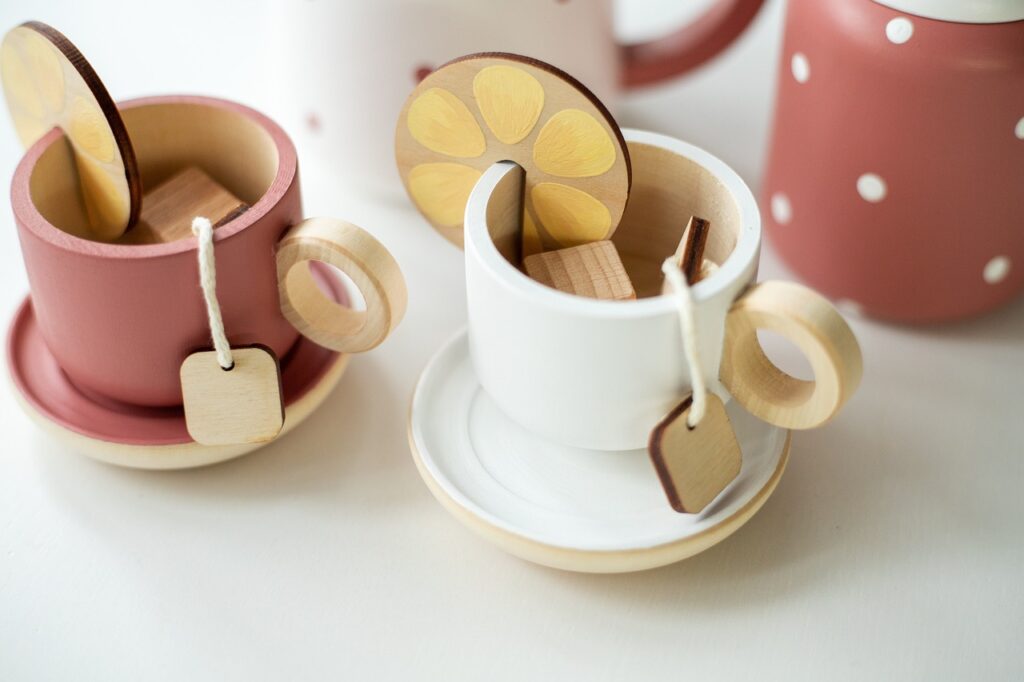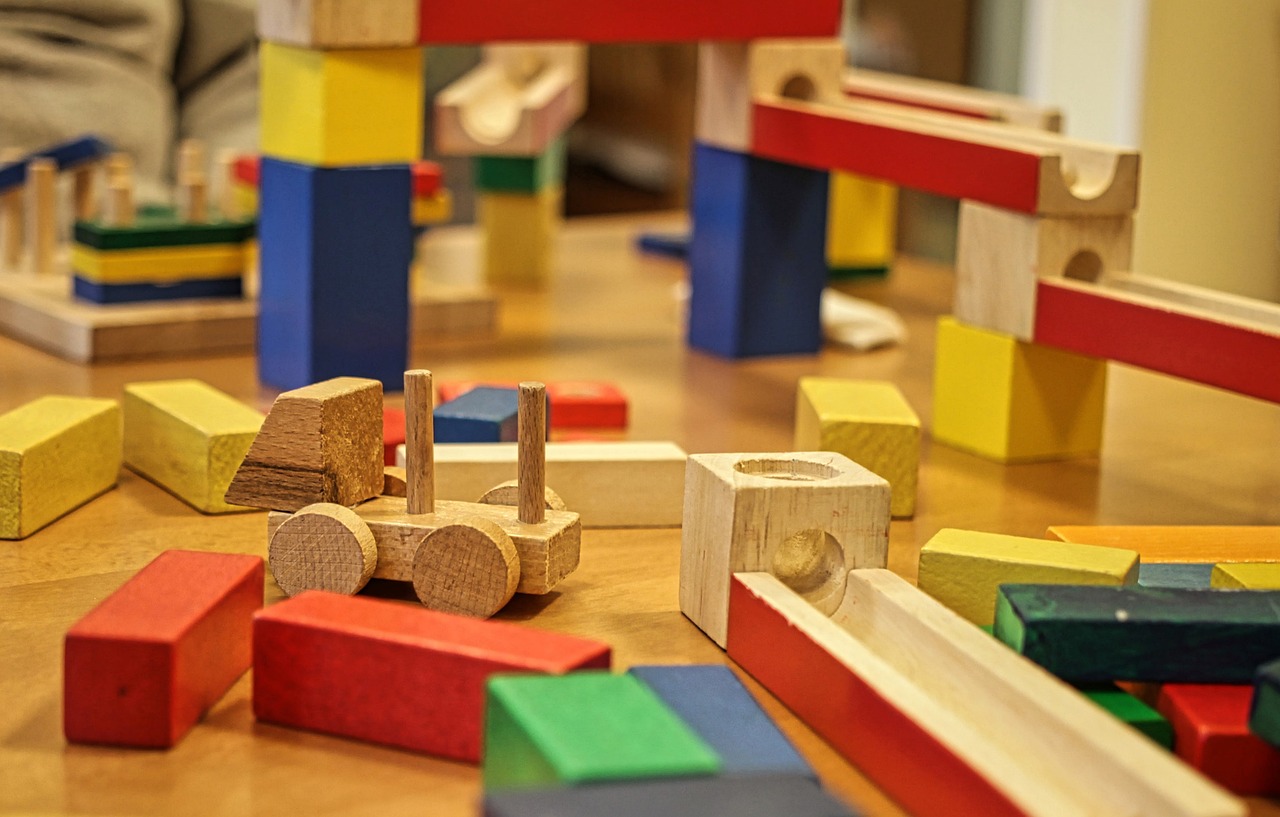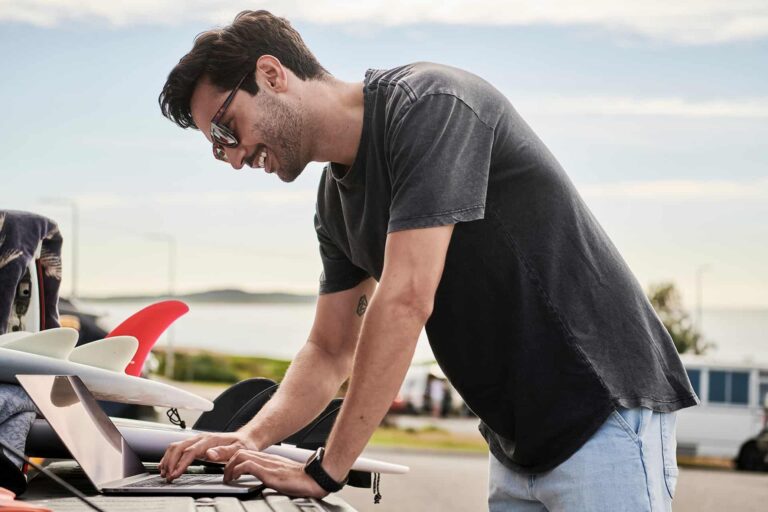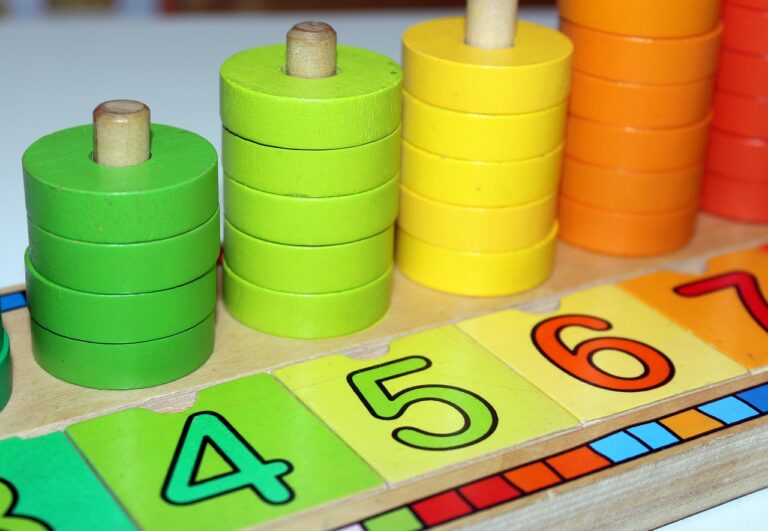A Parent’s Guide to Choosing the Best Wooden Toys for Your Child
Selecting toys for your child can be an exciting yet challenging task. With a vast array of options available, it’s crucial to make informed choices that contribute positively to your child’s development. Among the many options, wooden toys have garnered significant attention from parents and educators alike. In this article, we’ll delve into the numerous advantages of wooden toys and why they stand out as an excellent choice for your child’s playtime and growth.
The Advantages of Wooden Toys
1. Safety and Durability
Wooden toys are celebrated for their impeccable safety and durability. Crafted from natural, non-toxic materials, these toys offer a secure and healthy playtime experience. Unlike some plastic counterparts containing harmful chemicals like BPA and phthalates, wooden toys provide peace of mind for parents.
Moreover, wood’s robust nature ensures these toys can withstand even the most energetic play. They are built to last, delivering long-term value. Wooden toys can endure years of use and even be passed down through generations, reinforcing their enduring appeal and environmental sustainability.
2. Encouraging Creativity and Imagination
Wooden toys are renowned for their simple yet versatile designs that inspire creativity and imaginative play. Unlike toys with predefined functions or themes, wooden toys empower children to take the lead and create their scenarios.
For example, wooden building blocks offer limitless opportunities for creative exploration. Children can stack, arrange, and reconfigure these blocks in countless ways, fostering problem-solving skills as they experiment with balance, stability, and spatial relationships.
Wooden figurines and playsets also stimulate imaginative play. Whether it’s a wooden farm, castle, or a set of animals, children can immerse themselves in storytelling and role-playing. These toys become characters in their stories, helping children develop language skills and explore social dynamics.
3. Sustainable
Wooden toys represent an eco-friendly choice, aligning with sustainability values. Many of these toys are crafted from responsibly sourced wood, promoting forest preservation and responsible resource management.
By choosing wooden toys, you contribute to the conservation of natural resources, ensuring that these beautiful ecosystems remain intact for future generations to enjoy. Unlike plastic toys that can linger in landfills for centuries, wooden toys are biodegradable, leaving a smaller carbon footprint and reducing environmental harm.
Furthermore, wooden toys often lack the flashy features and electronic gadgets found in modern toys, encouraging children to use their imaginations and creativity actively. This unstructured playtime is essential for cognitive development and critical thinking.
Introducing your child to wooden toys also instills early lessons about caring for the planet and making environmentally conscious choices, shaping them into responsible global citizens.

4. Tactile and Sensory Development
Wooden toys play a pivotal role in a child’s tactile and sensory development. The natural texture of wood engages a child’s senses, stimulating their sense of touch and sight.
Wooden toys come in various shapes and sizes, each with unique tactile qualities. Smooth wooden blocks, for example, offer a satisfying sensation as children run their fingers over the surface, while wooden puzzles challenge fine motor skills as they fit pieces together. The weight and feel of wooden toys provide sensory feedback, helping children refine their coordination and spatial awareness.
As children manipulate and explore wooden toys, they gain a better understanding of cause and effect, learning how their actions can produce different outcomes. This tactile engagement not only enhances sensory development but also encourages cognitive growth as they make connections between their actions and the world around them.
5. Timeless Appeal
In many homes, toys have been passed down the through the family and, because of their strength and endurance, these are often wooden toys. This makes them an excellent choice for families looking to create enduring memories. Wooden toys appeal to children of all ages, engaging and captivating their attention.
Unlike toys that reflect passing fads, wooden toys are versatile and adaptable to different play scenarios. They give children the freedom to explore their natural interests, with no outside influence. This freedom fosters individuality and encourages a deeper connection between children and their toys.
Furthermore, wooden toys are as basic as it gets! There’s no distracting electronic lights and beeps that are common in modern toys. This allows children to engage with their toys and use their imaginations more actively, developing their creativity and independence.
As wooden toys are passed down through generations, their timeless appeal creates a wonderful sense of continuity and tradition within your family.


6. Language and Social Development
Wooden toys are excellent tools for promoting language and social development in children. Many of these toys encourage cooperative play, which is essential for a child’s growth in these areas.
Cooperative play with wooden toys often involves negotiation, communication, and collaboration among children. Whether they’re building structures together, working on a wooden puzzle, or engaging in role-playing with figurines, these activities require interaction, sharing of ideas, and teamwork. As children engage in these cooperative activities, they enhance their language skills by describing their actions, negotiating roles, and problem-solving together.
Moreover, wooden toys can facilitate role-playing and imaginative scenarios that involve dialogue and storytelling. Children naturally invent narratives and character interactions, expanding their vocabulary and improving their narrative abilities.
By engaging in cooperative and imaginative play with wooden toys, children not only develop essential social skills but also gain confidence in expressing themselves, which can have a lasting positive impact on their overall communication abilities.
7. Emotional Well-being
The simplicity and natural charm of wooden toys have a soothing effect on children, fostering a sense of calm and emotional well-being. In today’s fast-paced world filled with electronic gadgets, wooden toys offer a return to a simpler, more tactile form of play.
The absence of flashy lights and noisy sounds allows for peaceful, undistracted playtime, which can be particularly beneficial for children with sensory sensitivities or attention challenges. Wooden toys provide a sensory experience that is gentle and soothing, helping children relax and engage with their surroundings more deeply.
Moreover, the shared appreciation of wooden toys between generations creates strong emotional bonds. Playing with toys that parents or grandparents once cherished can be a heartwarming experience that deepens family connections and creates cherished memories. These intergenerational connections and positive emotional experiences contribute to a child’s overall emotional well-being, fostering a sense of security and happiness during playtime.
An Easy & Proven Way To
Build Good Habits & Break Bad Ones
Lorem ipsum dolor sit amet, consectetur adipiscing elit. Ut elit tellus, luctus nec ullamcorper mattis, pulvinar dapibus leo.
8. Educational Value
Wooden toys are more than just fun; they also offer substantial educational benefits. Many wooden toys are intentionally designed with educational objectives in mind, promoting cognitive development and foundational learning skills.
Wooden puzzles, for example, encourage problem-solving skills, shape recognition, and hand-eye coordination. As children manipulate the pieces to fit them into the correct slots, they exercise their cognitive abilities while developing fine motor skills.
Building with wooden blocks is another excellent way to promote spatial awareness, mathematical concepts, and an understanding of balance and stability. Children explore mathematical concepts like geometry and physics through hands-on experimentation.
Wooden alphabet and number toys are perfect for early literacy and numeracy development. These toys make learning fun as children familiarize themselves with letters, words, and numbers, setting the stage for a strong educational foundation.
By incorporating wooden educational toys into your child’s playtime, you can help them acquire essential skills while fostering a love for learning that will benefit them throughout their educational journey.
9. Sustainability
In an era where sustainability is a growing concern, choosing wooden toys is a conscious decision toward a greener lifestyle. These toys are often made from responsibly sourced wood, promoting the preservation of forests and reducing environmental harm. By choosing wooden toys, you contribute to a more sustainable future for our planet.
Moreover, wooden toys are durable and built to last. Unlike many plastic toys that quickly lose their appeal and end up in landfills, wooden toys can endure years of play and are often passed down from one generation to the next. This longevity reduces waste and minimizes your environmental footprint.
Teaching your child about the importance of sustainability from an early age is a valuable lesson. By selecting wooden toys, you instill eco-friendly values in your child and raise awareness about the significance of making choices that benefit the environment.
10. Versatility
Wooden toys come in a wide variety of shapes and sizes, making them suitable for children of all ages. From simple wooden rattles for infants to intricate wooden construction sets for older kids, there is a wooden toy for every developmental stage.
For infants, wooden rattles and teething toys provide safe and enjoyable sensory experiences. As children grow, they can graduate to wooden stacking toys, where they learn about balance and coordination.
Preschoolers can explore wooden puzzles, learning about shapes, colors, and problem-solving. As they enter school age, wooden building sets and educational toys provide endless opportunities for creativity and learning.
The versatility of wooden toys ensures that your child can enjoy them for years, making them a smart investment in your child’s playtime and growth. They adapt to your child’s changing interests and developmental milestones, continuing to provide valuable experiences and fun throughout childhood.
Bottom Line:
The solid, natural, origin of wooden toys ensures that your child can enjoy them for years, making them a smart investment in your child’s playtime and growth.
They adapt to your child’s changing interests and developmental milestones, continuing to provide valuable experiences and fun throughout childhood.
And then they can become heirlooms for the development of the following generation.






